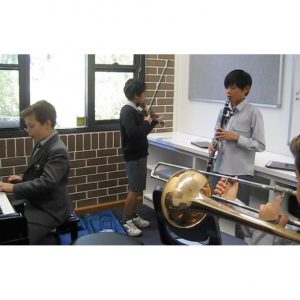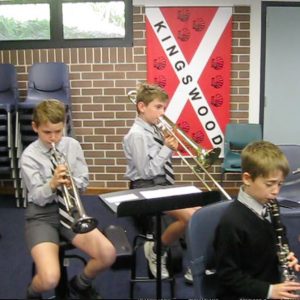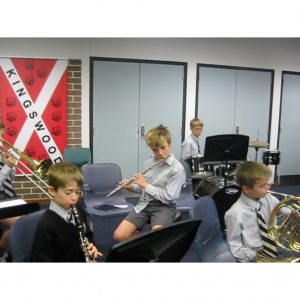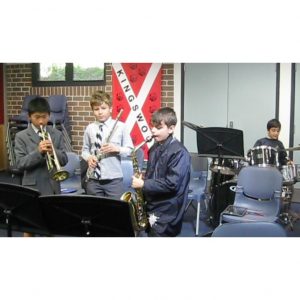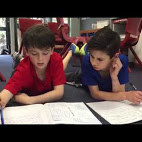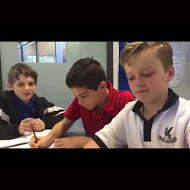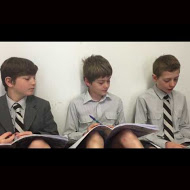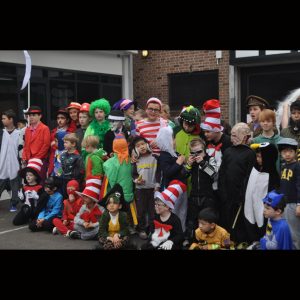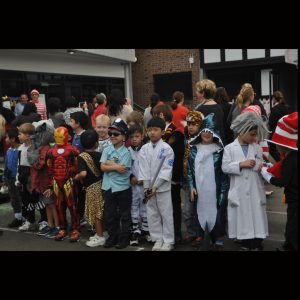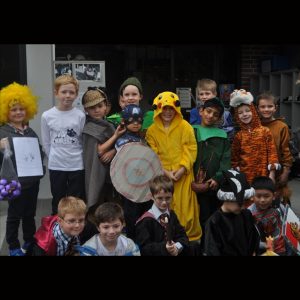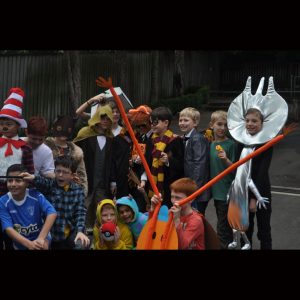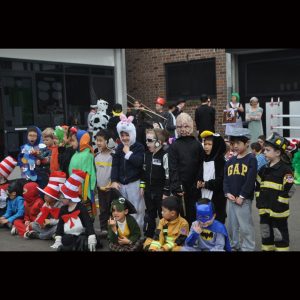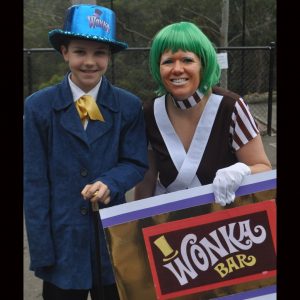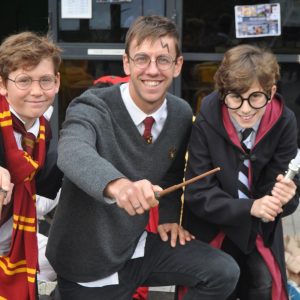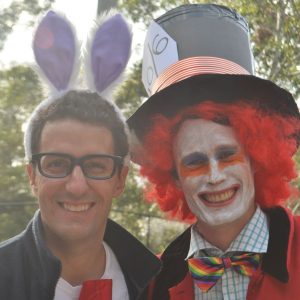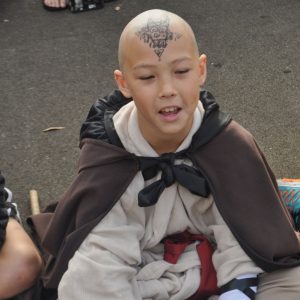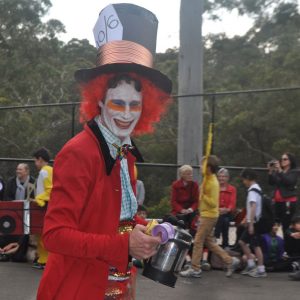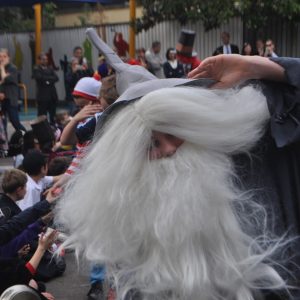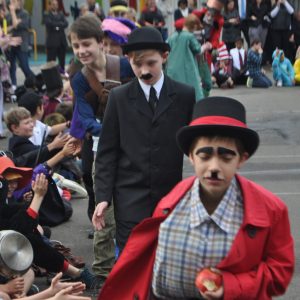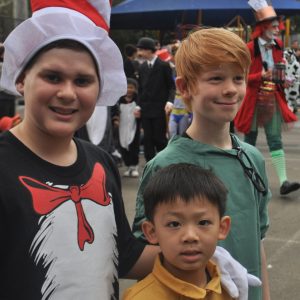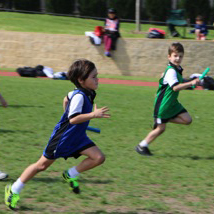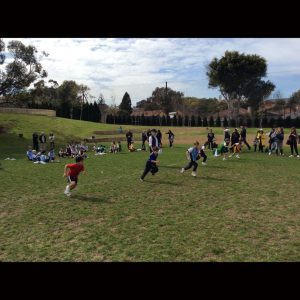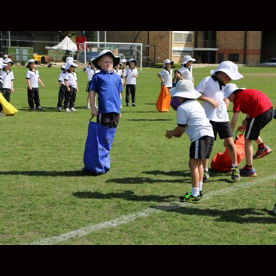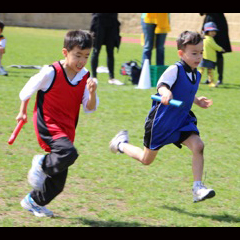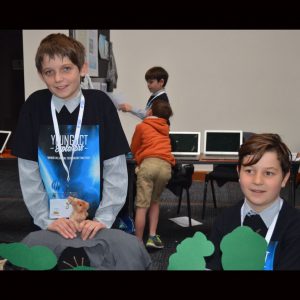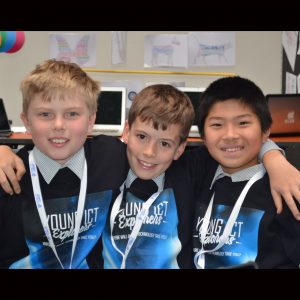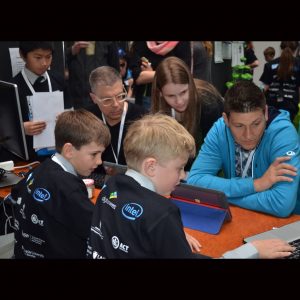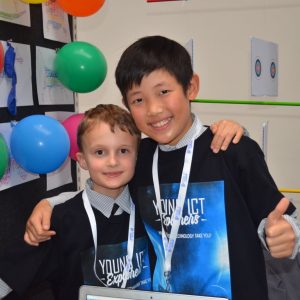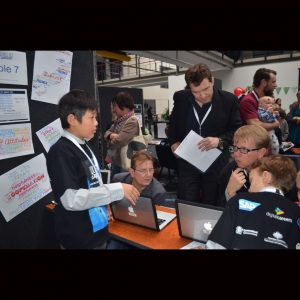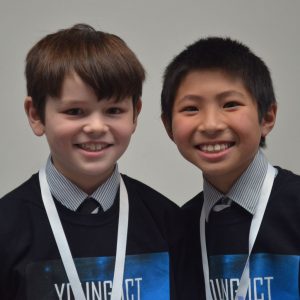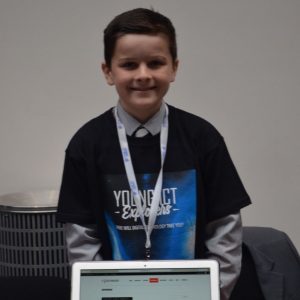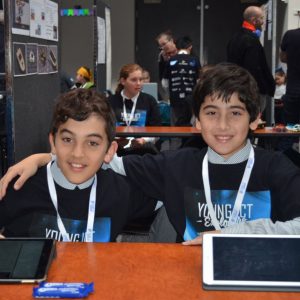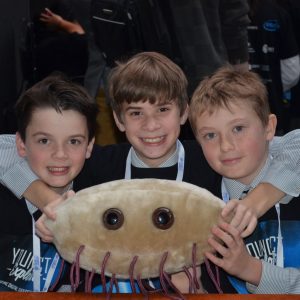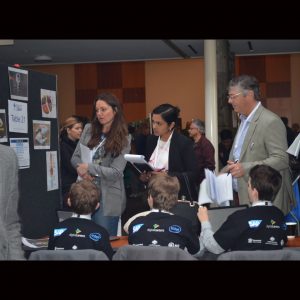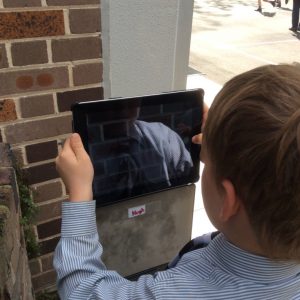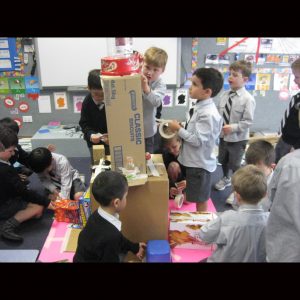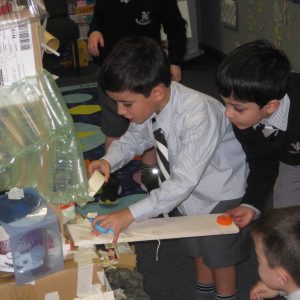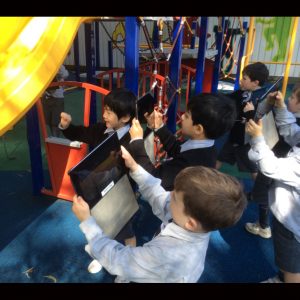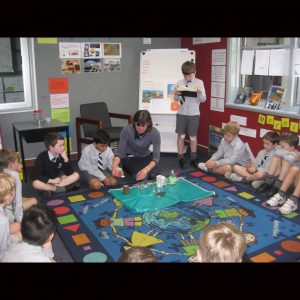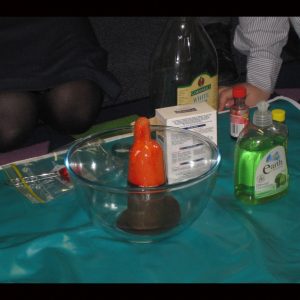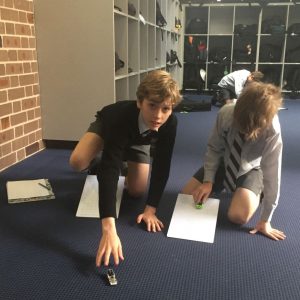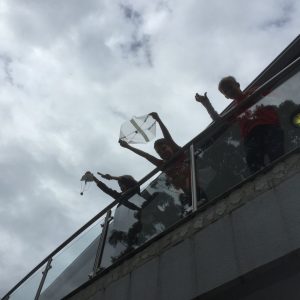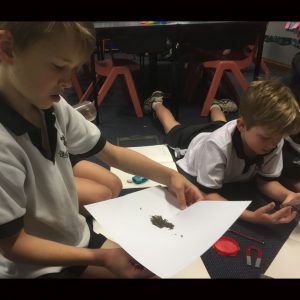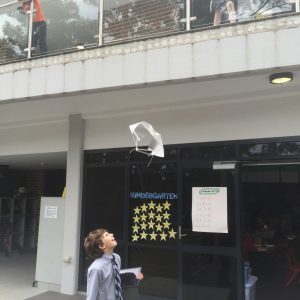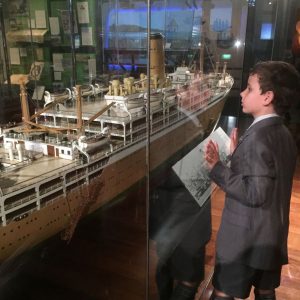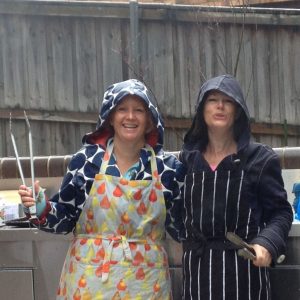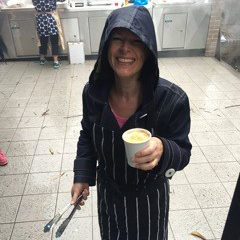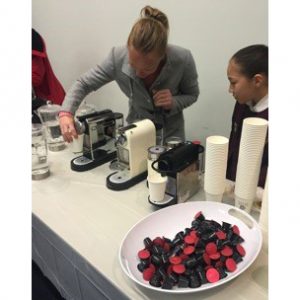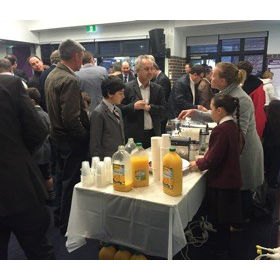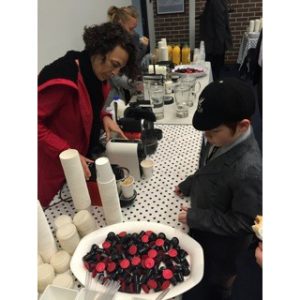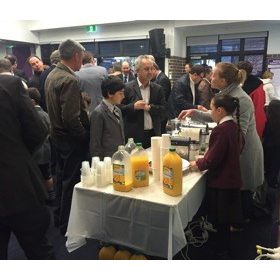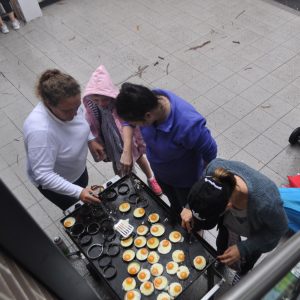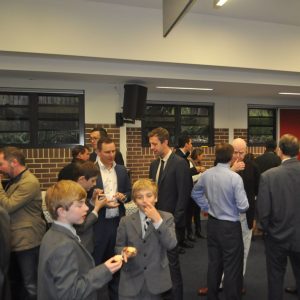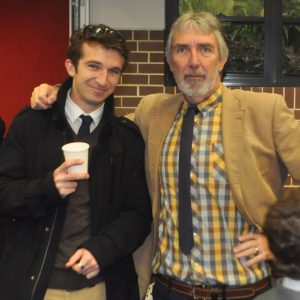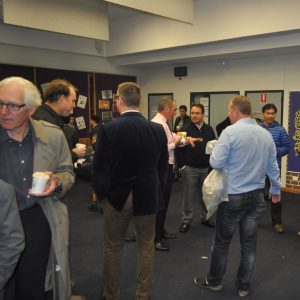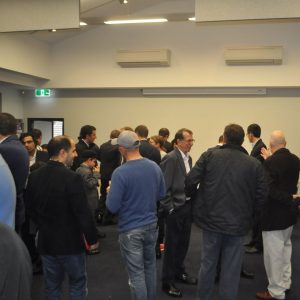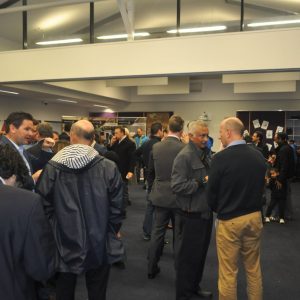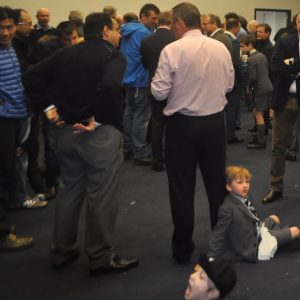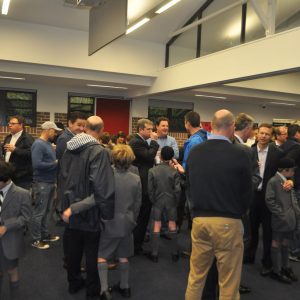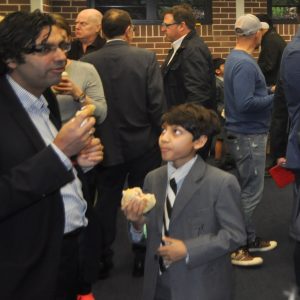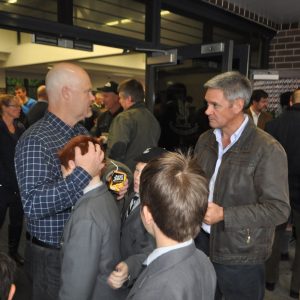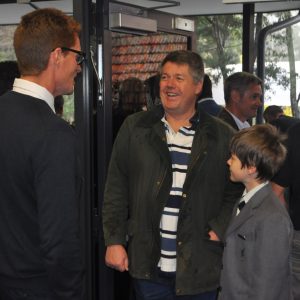A Message from the Head of Lindfield Prep
Reading with your son: Oh, the places you’ll go!
The more kids read, the better they get at it. Those who struggle read less and then fall further and further behind. However, all students, regardless of their current ability, benefit from reading at home and sharing texts with their parents and family members.
There are two major parts to reading development and within each there are complex processes at play.
The mechanics of reading, or decoding, is what children begin learning in their younger years. The books they read at first are repetitive and predictable with pictures and photos to support them in their attempts. With English being such an inconsistent language, older kids can also become confused when faced by new words because it’s not always easy to know how to pronounce them. Students need lots of practice in order to make decoding fluent. You can help your child at home by allowing him to re-read favourite books, by having access to texts at his level. That is, texts that can be read with high accuracy. Listening to your child read, or reading a familiar book together (in unison) are great ways to practice fluency in reading.
Giving your child the opportunity to use their own strategies in working out unknown words is another. Rather than telling your child the correct word when they are stumped, encourage him to use strategies to work it out himself. For example, What word would make sense here?, Look at the picture for clues, Stretch out the sounds, Break the word into smaller parts.
The letters in one’s own name are a great way to bring attention to environmental print for very young children. Recognising letters, and later words in the environment motivates young children to pay attention to text and to make meaning from it.
The second major part of reading is comprehension. There are people who can decode text very well, but who may not comprehend what they read very well at all. For example, think about yourself reading a text that contains a lot of technical vocabulary about a field with which you aren’t familiar, or reading from a book in a foreign, although phonetic, language. In these two cases you could probably actually read the texts quite fluently, but you wouldn’t really be connecting with what the text is about or be able to discuss its meaning with somebody else.
Supporting your child with comprehension is fun!
Access to higher-level language
Reading to your child can be great at any age. Even very young children can often comprehend texts that are above their own reading level. If children read only what they are able to read fluently, they will not get exposure to higher level language and more abstract ideas. That’s why reading aloud to our boys is so important. As parents you know what interests your child. Choose texts from a variety of genres that you think your son/s may enjoy. Reading to them provides a fluent model and is satisfying to both parent and child. Use plenty of expression, let it spark conversations and have fun!
Purpose of reading
Talking to your child about what you read and why you read can make for a great conversation. It also demonstrates to your child the importance of reading in everyday life. You may read recipes or instruction manuals to know how to make/do something. At other times you may trawl the Internet for information about a particular topic. When you read for pleasure talk to your child about what you are reading and why you enjoy it. We all read for different purposes and these purposes affect what and how we read. Sometimes we skim and scan to find what we need. Sometimes we read intently and savour ever word and sentence. Let your child know what you do in your everyday reading life.
What’s the big idea?
Have you ever wondered why some children’s picture books are so fantastic that the whole family can enjoy them over and over regardless of age? The secret is in the message, or the ‘big idea’ of the story. Storylines that offer us food for thought never get boring. Whether it’s a chapter book or a picture book, look for the universal theme that everyone can relate to. Some themes or big ideas appear over and over in different stories. Discuss these as a family. Some common messages found in children’s literature might be about friendship, acceptance, perseverance, compassion, honesty, kindness…. and the list goes on.
More complex stories can have several themes interwoven throughout.
Encourage your child to make comparisons between the ways they have behaved in different situations with a character in a book. Talk about the feelings of different characters that appear in a story or how the character is changed by a particular circumstance. Go outside of the author’s ideas and discuss how the story might have ended differently if there was a change in a particular circumstance. The great thing about discussing the big ideas in literature is that they connect wonderfully with the learner profiles and attitudes we aspire to embody here at Newington, Lindfield.
Questioning
Ask questions about what is read and encourage your child to ask them, too. Make them thought provoking and never ask a question you already know the answer to. If you already know what your child is going to say then the question is not thought provoking enough! Well, questioning is a huge topic and could indeed be the topic of a whole future Prep Talk.
In the meantime, pick up a book and read!
‘The more that you read, the more things you will know. The more that you learn, the more places you’ll go.’ Dr. Seuss
Benjamin Barrington-Higgs – Head of Lindfield Prep


